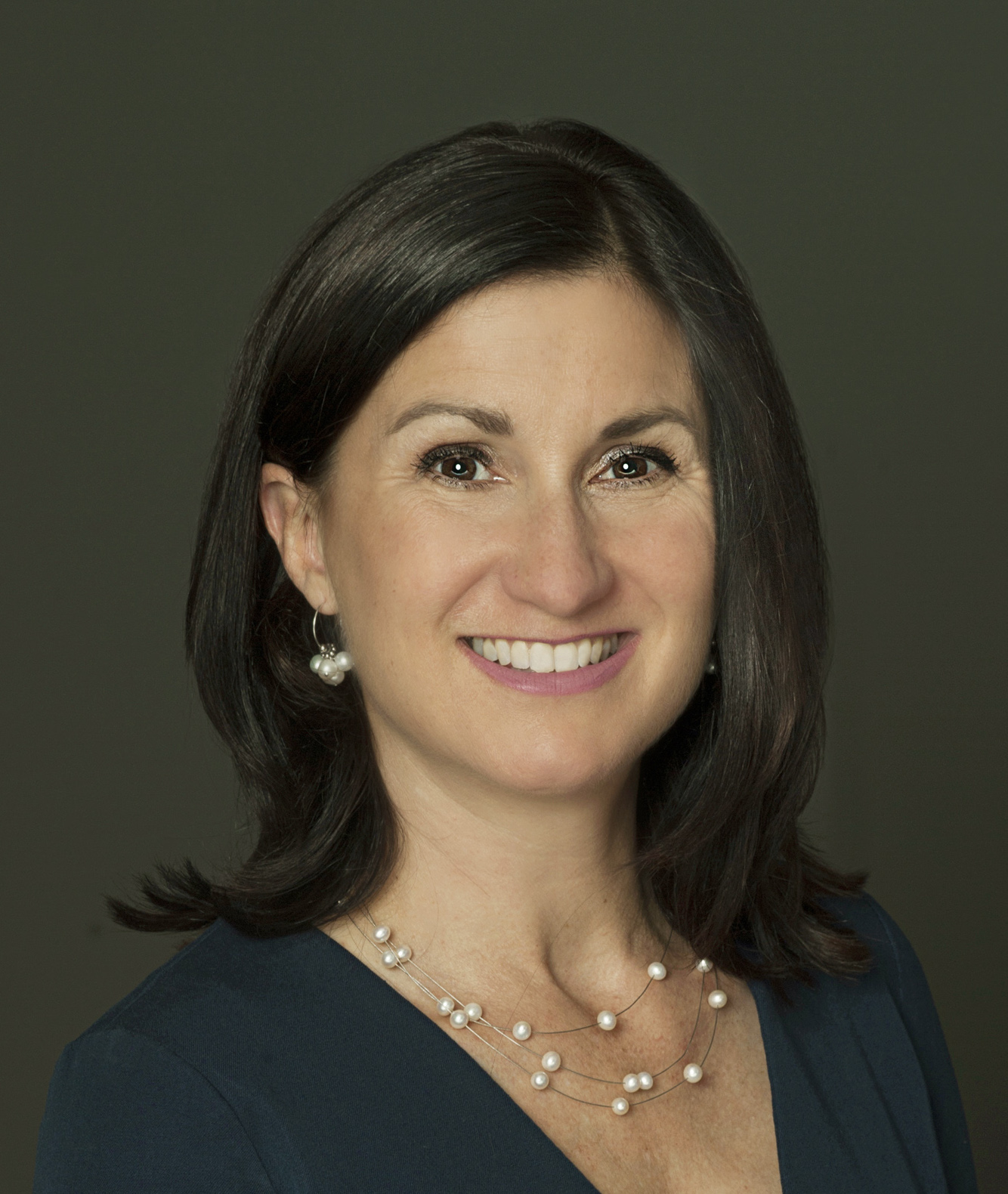Local Experience with a National Challenge

Last year, after 125 years of higher education service to the region, Marylhurst University closed. As President it was my role to lead the painful closure process – certainly not something I ever expected to do in my career.
But the experience taught us many valuable lessons worth sharing here in the hope that they might ease the future closure journey at some other institution of higher learning. Because, no matter how remote the possibility may seem at your beloved institution, many more final endings are forecast in the next decade.
A full review of current conditions of the nation’s 4,000 colleges and universities would take more space than this brief blog, but a few highlights are necessary – and irrefutable. With the aggregate numbers of students trending down because of declining birth rates, rising overhead costs (such as health care) largely uncontrollable, and six-year college attainment stubbornly stuck at 60%, both Moody’s and Fitch forecast dismal results for the nation’s higher education institutions.
Whether public or private, most non-elite institutions are struggling with declining net revenues due to disinvestment in the publics by state governments and increased competition and costs at the privates. In addition, the student debt crisis has prompted a fresh debate about the value of a college degree, leading some to seek alternative forms of education and personal growth.
As a result, just as the nation’s universities and colleges are becoming more tuition dependent, tuition-paying students are becoming more elusive. In short, the nation faces a basic mismatch of supply and demand.
Closing with Grace
Against this backdrop, the Marylhurst University Board of Trustees voted unanimously to close the 125-year-old institution on May 16, 2018. The decision followed months of soul-searching conversations, analysis of our condition and scrutiny of alternative models for our future. That night, second only to the wrenching closure vote itself, the most impactful decision was that we would live the values of our Foundresses, the Sisters of the Holy Names of Jesus and Mary, through the closure. We set as our clear intention: to close with grace.
Our collective definition of closing with grace was only partially evident to us in that moment of pain and sadness. But by holding that mantra close as we lived through the announcement to our campus the next day, and in the crucial days and weeks of shock, anger, and confusion ahead, we trustees and campus leaders tested the principle daily. It became our north star in the midst of an emotional firestorm. As we used the phrase to guide our actions and shape our responses to the community, the term took shape:
- We would communicate openly and patiently with our grieving campus and external stakeholders, sharing facts and data, but equally importantly, voice our own sadness, with empathy;
- We would endeavor to graduate or transfer every enrolled student at the university;
- We would find a way to offer every single regular, fulltime employee a severance and professional outplacement services to aid in their transition;
- We would satisfy our creditors and regulators, and close without debt or any blemish to our accreditation; and
- We would find a like-minded institution to host our legacy of 125 years of student records.
I believe we satisfied our self-imposed standard of closing with grace. Not that the early days following the May 17 announcement would give us much peace. We witnessed all stages of grief from our community, including anger, disappointment, and shock. But while facing the emotion that often comes with such disappointment, trustees and executive staff remained calm and kind.
Ultimately, and due in no small measure to our decision to close while we still had sufficient resources to meet our responsibilities, we provided severance as we had hoped. And by the end of September last year we had graduated or transferred 92 percent of our student body. We moved our four most distinctive academic programs – in toto – to neighboring universities who eagerly welcomed our students, and in some cases, our instructional faculty. We closed the doors of our beloved university at the end of last year with clean audits, no debt, and no threat to our accreditation: we closed with grace.
We were so grateful to our colleagues at St. Martin’s University of Lacey, Washington, who thoughtfully and generously became the home to our student records and key artifacts of the university’s long history. The leadership of St. Martin’s also adopted our standard of care and pledged not only to offer degree verification and transcription services for our alumni but to include them in celebratory events such as reunions. They took on an enormous task the day that four armored trucks delivered two tons of student records. Thanks to them we know the Sisters’ legacy and impact will live on through their care.
Lessons Learned
Of course, we surely disappointed some as we made decisions in a very fluid and stressful environment. The personal and professional toll of a campus closure is almost indescribable in its complexity and difficulty.
Though many felt hurt, confused, or even betrayed by this closure, I believe the incredible team of men and women I led through this challenging time held firmly to our standard of grace – with courage, intelligence, and sheer force of will.
While there are surely many different points of view regarding closure of a beloved institution of long-standing, closing with grace is how we chose to honor the Sisters’ legacy, and 125 years of Marylhurst’s impact. As I survey the landscape of recent closures, and the wave of mergers and closures predicted for the next decade, I hope that future executives and trustees might take up our model of closing with grace, and improve upon it for the good of all.
In addition, we live in a time where access to higher education is critical to people of all backgrounds and circumstances. We know a college degree positively impacts lifetime earnings and families’ educational success.
Private colleges and universities serve the higher education ecosystem in a critical and important way. Community, alumni and public officials must do all they can to ensure the flourishing of private and public institutions which, evidence has shown, are equally affordable. May the lessons and service of Marylhurst be the fuel for the success of others going forward. Our state and region depend on it.
Melody Rose, Ph.D. served as President of Marylhurst University through 2018 and currently serves as a change management consultant to higher educational institutions.







